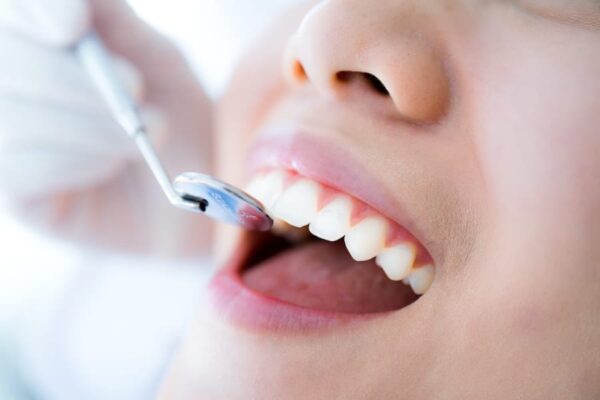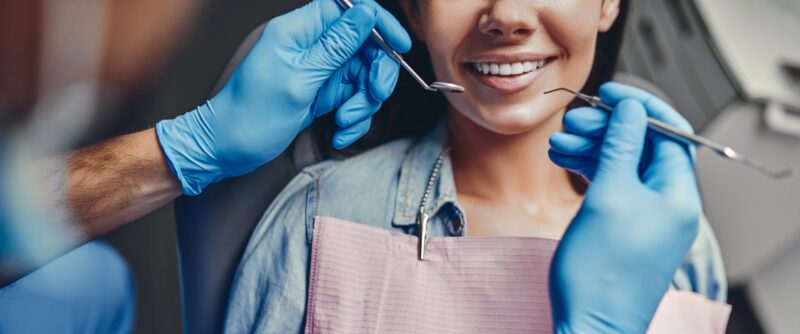Come out tonight to the A.W.A.K.E. Network meeting at the Carroll Hospital Center’s Sleep Disorder Center to hear Dr. Imm speak on obesity and sleep. Details below and as always, please comment or call our office at 410-876-2096 with any questions regarding sleep disorders and how we may be able to help you.
Sleep Disorders Center at Carroll Hospital Center
A.W.A.K.E. Network Meeting
Wed., Nov. 2
7-9 pm
Ground Floor
Conference Room
Call Health Access to register for meeting
410-871-7000
Featured Speaker:
Dr. Gary Imm
All Smiles Dental Care
Oral Appliance:
An Alternate Treatment
for Snoring and Sleep Apnea
Obesity and Sleep
Why are we as a nation getting fatter? The statistics are alarming: About 65% of Americans are overweight or obese. More than 15% of children ages 6-19 were overweight in 2000, which is three times higher than in 1980.
Today’s lifestyle has changed from 150 years ago. Our levels of physical activity have plummeted, along with our calorie expenditure, yet our caloric intake has not declined.
We are also getting less sleep than we used to. When you add all these factors together, it’s a perfect model for obesity.
Complications
The epidemic of obesity is particularly serious for children. Obese children are more likely to develop type 2 diabetes, a disease primarily seen in adults over age 40.
Uncontrolled diabetes can lead to hypertension and increase risk of heart attack. It damages the eyes, kidneys and other vital organs. The earlier one develops the disease, the greater potential for long term damage, especially if the diabetes isn’t diagnosed or treated.
The problem of obesity in children is a major concern for another reason: the increased incidence of sleep apnea. Hospital discharges for children with sleep apnea have increased 436% in the last 20 years.
The problem is no less serious for adults. An estimated 18 million Americans have sleep apnea, which is often associated with people who are overweight. If a person is overweight and suffering from sleep-disordered breathing, he or she may not be as motivated to exercise or diet. When apnea leads to daytime sleepiness, it may be harder to begin or sustain an exercise program, which has been shown to help weight loss. Not only does obesity contribute to sleep apnea, but sleep apnea can also contribute to obesity.
People who do not sleep adequately can have impaired metabolisms and disrupted hormone levels. These abnormalities can promote the appetite. Also, since the psychological manifestations of fatigue, sleep and hunger are similar, as adults, we sometimes eat when we are actually sleepy.
Treatment
Sometimes the best way to treat obesity is to treat an underlying sleep problem. Successful treatment of sleep apnea, usually with a CPAP or an oral appliance, may reduce sleepiness and then motivate patients to effectively lose weight, which in turn will help the obesity and sleep apnea.
So if you are overweight or obese and sleep poorly or feel tired during the day, what should you do?
First, talk to your primary physician about a referral to a sleep center to address your symptoms. If you are diagnosed with obstructive sleep apnea then a CPAP and/or an oral appliance made by a qualified dentist may be prescribed.
Coping
What can I do to improve my sleep and to lose weight?
Make healthy choices for your meals- Avoid fast foods. Eat more fish, fruits and vegetables; avoid foods high in carbohydrates and fats.
Start getting consistent exercise- which will improve the quality of your sleep. Avoid exercising less than 3 hours before bedtime. It will make it harder to fall asleep.
Examine your sleep schedule- Sleep at least 7 hours each night. Along with a healthy diet, your body needs sleep to properly operate and function.


